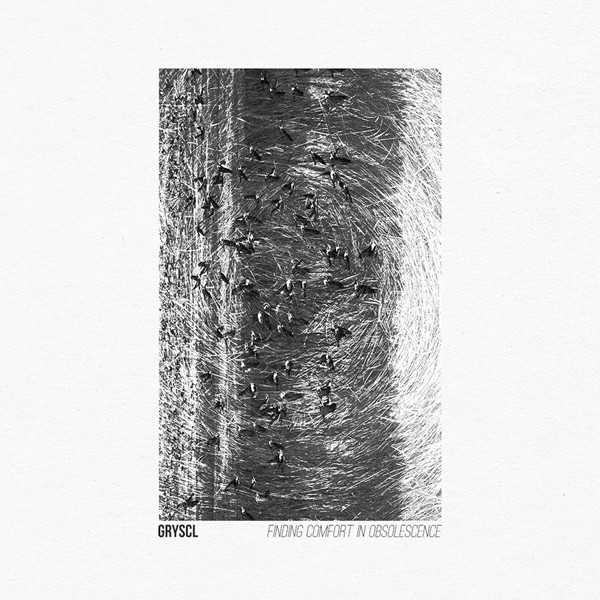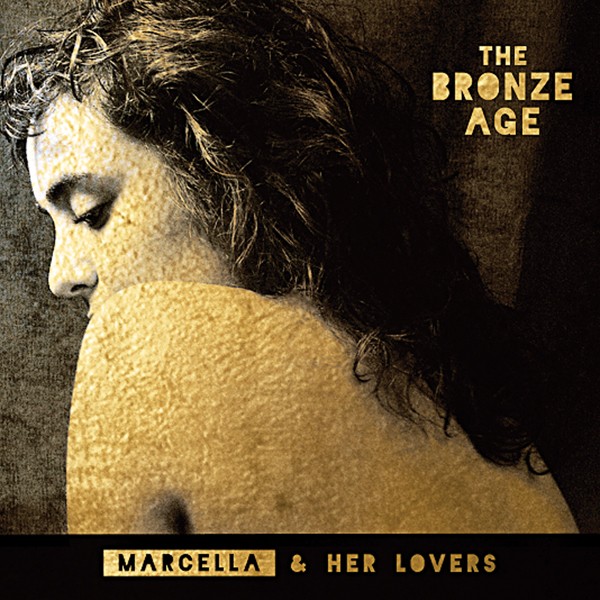The Memphis Dawls
Rooted In The Bone
Madjack Records
The best Memphis music has always put the pieces of popular music together in unexpected and novel ways. On their debut full-length, Holly Cole, Jana Misener, and Krista Wroten plunder country, folk, rock, and soul to create a mix that transcends genre. Album opener “Please Don’t Leave Me” shows off all their tricks: lush orchestration, propulsive pizzicato, and mini-symphonic song structures worthy of Brian Wilson. On “Where’d You Go My Love” they show they can construct a three-minute Carter Family hymnal hoe-down single. And then there are the vocal harmonies. When supporting Cole’s Linda Ronstadt lead lines, Misener and Wroten hover on the periphery, reinforcing harmonics and providing counter melody. Misener plays Carla Thomas with guest stars Teenie and Charles Hodges on soulful album highlight “Liar,” and Wroten channels Paul McCartney on the Beatlesque “Ride Alone,” whose spacey string coda shows off the depths of the band’s compositional talent. But it’s on cuts like “Shadow in The Room” when the ladies sing together, and the distinctions between lead and harmony, vocal and instrumental disappear, that the Memphis Dawls show what they do better than anybody else. These are songs you can sink into; sonic landscapes you’ll want to live in. — Chris McCoy

GRYSCL
Finding Comfort in Obsolescence
Broken World Media
Bands and critics throw the term “screamo” around so often that it has begun to take on many different shapes and sounds. But GRYSCL is a needle in the haystack. While some bands take years to finish a record, the screamo outfit has released a 7,” two splits, and three EPs since the tail end of 2012. Finding Comfort in Obsolescence, the band’s latest EP, was released earlier this year through Broken World Media. Six tracks long, it showcases a band rich in dynamics and range. “The Sandbox” opens the EP like an explosion, and their clear-cut post-hardcore influences mesh with complex guitar riffs reminiscent of the bands the Fall of Troy and Minus The Bear. Remove one member of the four piece, and they probably wouldn’t sound like the same band. The rhythm section serves as a twisted backbone for the group. On “The Worker,” the bass and drums display a systematic madness as the track moves from soft beginnings to the unpredictable, never-saw-it-coming progressions that reoccur throughout the EP. Whether they are shouting, screaming or singing, each member contributes to the vocals. The multi-faceted melodies further separate GRYSCL from other bands that fall under the “screamo” moniker. “The Sermon,” an ambient, spoken-word digression from the fast-paced controlled chaos that precedes it, bleeds into “The Clock,” a hard-hitting finale to the EP, highlighting the band’s brightest moments. On every front, GRYSCL delivers. — Joshua Cannon

Nots
We Are Nots
Goner Records
On We Are Nots, the synth-driven, bare-boned band has stripped punk rock down to its necessities: driving bass, dirty guitars providing powerful riffs, and screeching vocals. In fact, Nots gets so much right on their debut full-length, a more than adequate addition to the Goner Records catalogue, that it’s hard to find a place to start. “Insect Eyes” opens the LP drenched in synth that fills out the track while vocals howl over the thumping bass and noisy guitar. Take note, this is a reoccurring theme throughout the album. We Are Nots is more steady-handed and polished than their earlier EP, Dust Red. The production kicks the dirt off the vocals and allows each member to lend a helping hand to the other while maintaining the raw energy that embodies the band. From start to finish, the drums are a driving force, providing a home for the other instruments to return to when they aren’t exploring their boundaries. On “Strange Rage,” a guitar soaked in echo and reverb peaks in at the beginning of the track while a groovy bassline follows the drums and synth trails in and out. The nine-second “Get Along” immediately follows, a group-vocaled nod to traditional hardcore. Goner released the record on November 11th, but Pitchfork has been streaming it since the beginning of the month. We Are Nots is much more than a title. It’s a statement, and it’s a big one. — Joshua Cannon

Marcella & Her Lovers
The Bronze Age
Swamp Soul Music
There is perhaps no current Memphis musician with more buzz surrounding him or her than Marcella René Simien. The past couple of years have seen Simien evolve from a largely unknown Louisiana transplant/art student playing house shows to a very much in-demand solo act and bandleader about town. Last week, Simien and her band, dubbed Marcella & Her Lovers, unveiled a long-awaited debut EP titled The Bronze Age. And to my ears, anyway, it absolutely delivers. Expertly recorded by local producer/engineer/musician Scott Bomar at his Electraphonic studio, the EP shows Simien and her band — which features Simien’s drummer/writing partner Rory Mills Sullivan, guitarist Dave Cousar, bassist Dirk Kitterlin, keyboardist Jonathan Schallert, and the horn section of Victor Sawyer and Randy Ballard — indulging a myriad of influences, including Memphis soul and R&B, zydeco, post-punk, and pop, to great effect. What’s more, Simien herself is a tremendous singer and an engaging performer, which clearly comes across on the recording. Honestly, there really are no duds here, but two stand-out tracks would be the up-tempo groover “Branch Strewn Sky” and the spacey march “We Rewind.” — J.D. Reager